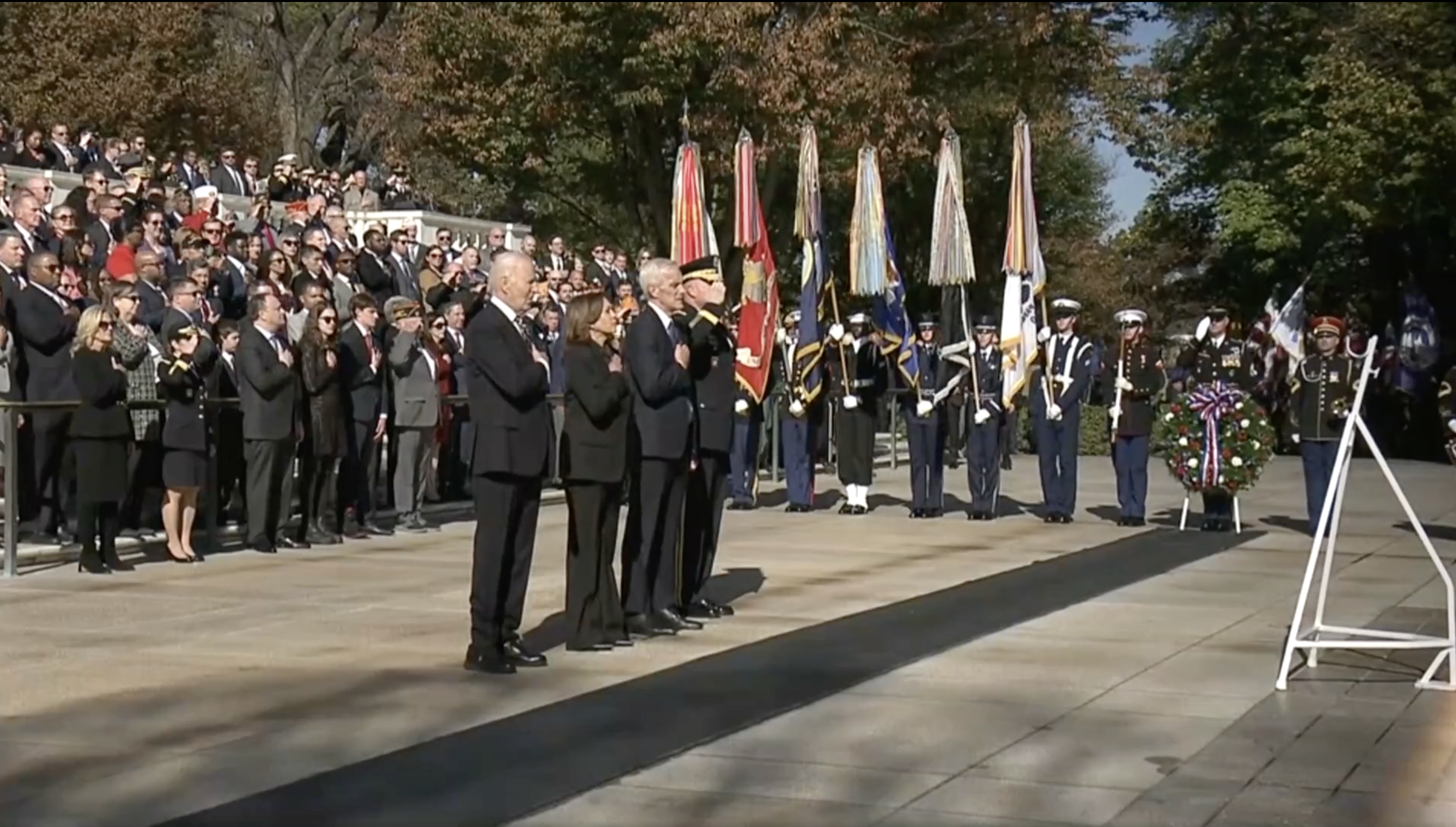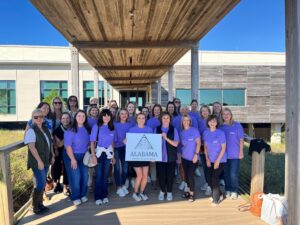Alander Rocha, Alabama Reflector
The Alabama Attorney General’s office argued in a motion filed last week in a Louisiana congressional redistricting case that private individuals cannot bring actions under a key provision of the Voting Rights Act.
In a motion signed on by 12 Republican-led states, including Alaska, Georgia, Idaho, Indiana, Iowa, Kansas, Mississippi, Montana, Nebraska, South Carolina, Texas, and West Virginia, Alabama Attorney General Steve Marshall argued to the 5th Circuit Court of Appeals that Section 2 of the Voting Rights Act does not give private individuals the right to sue, or uphold an individual’s right to obtain monetary damages for claims of intentional discrimination.
“There is no Section 2 liability unless ‘it is shown that’ members of a protected class ‘have less opportunity’ not just ‘to elect representatives of their choice’ but also ‘to participate in the political process,’” the motion argued.
The argument rests on a recent 8th Circuit Court of Appeals opinion by Judge David Stras, appointed by former President Donald Trump, which argued that Congress only gave attorney generals the right to claim damages under the Section 2 of the Voting Rights Act.
The attorney general’s office did not return a request for comment Monday.
The argument, if upheld by the federal courts, would severely limit future challenges under Section 2, which bans voting and election practices that discriminate by race.
NAACP Legal Defense Fund Deuel Ross, the organization representing plaintiffs who challenged both Louisiana and Alabama’s maps, said in a phone interview that Louisiana’s case won’t impact the Allen v. Milligan case decision in Alabama, the challenge that led to the court-ordered redrawing of Alabama’s congressional map, as Alabama is in the 11th Circuit Court of Appeals.
Ross said the argument Marshall raised does not have merit, and that it should be rejected.
“We’ll see what happens in the 5th Circuit, but the court has already rejected that argument; there’s Supreme Court precedent rejecting that argument,” Ross said. “And in the Alabama case, specifically, because it’s not in the 5th Circuit, anything that happens in the 5th Circuit won’t directly impact the Alabama case.”
The case, Robinson v. Ardoin, is similar to Allen v. Milligan. Plaintiffs in the Louisiana case are challenging a map with just one majority-Black district lawmaker, adopted despite a federal district court order. Louisiana’s Black population exceeds 30%, which the court said merits a second Black district out of six total.
Marshall’s argument cites a 1971 Supreme Court case, Whitcomb v. Chavis, that states “that [B]lacks enjoyed full access to the political process, and thus held that the ‘failure of the ghetto to have legislative seats in proportion to its population emerges more as a function of losing elections than of built-in bias …’”
The 1971 case, the motion argued, “explained that ‘[participation] in the political processes’ meant those activities most common to voters: being ‘allowed [1] to register or vote, [2] to choose the political party they desired to support, [3] to participate in its affairs[,] … [4] to be equally represented on those occasions when legislative candidates were chosen,’ and [5] not be ‘regularly excluded from the slates of both major parties.’”
The United States Supreme Court in September denied Alabama’s request to stay a lower court decision directing a special master to draw new state congressional maps to remedy Voting Rights Act violations, opening the door to Alabama having two congressional districts with majority or near-majority Black populations.
A three-judge panel in 2022 ruled that Alabama’s 2021 congressional map violated the Voting Rights Act by packing Black voters into a single congressional district. The panel, citing the racial polarization of voting in Alabama — where white Alabamians tend to support Republicans and Black Alabamians tend to support Democrats — ordered the state to draw a second-majority Black district or “something quite close to it.”
After the U.S. Supreme Court upheld the lower court ruling last June, the Alabama Legislature in July approved a new map that created a 7th Congressional District in western Alabama and Birmingham with a BVAP of 50.65%, and a 2nd Congressional District in southeastern Alabama with a BVAP of less than 40%.
Plaintiffs said that map did not address the court’s orders, and the three-judge panel agreed earlier this month. U.S. Circuit Judge Stanley Marcus and U.S. district judges Anna Manasco and Terry Moorer ordered special master Richard Allen to draw new maps, accusing legislators of ignoring their initial ruling.
The state appealed to the Supreme Court, arguing the ruling would lead to “racial stereotyping” and violated their own redistricting principles. Alabama’s attorneys also made efforts to sway Justice Brett Kavanaugh, who joined most but not all of the court’s decision in June upholding the lower court ruling. The Alabama attorney general’s office frequently cited Kavanaugh’s opinion in a case banning affirmative action in college admissions, suggesting that plaintiffs and the lower court wanted to use “affirmative action” in the redistricting process.
Marshall’s office ended the brief by concluding that Black Americans have the same voting rights as their white counterparts, and that vote dilution can only occur when people are prevented from participating in the political process.
“The district court’s contrary rule is circular with no offramp,” the motion stated. “’[D]emands for outcomes’ will persist even decades ‘follow[ing] the cutting away of obstacles to full participation.’”
Plaintiffs in the Louisiana case had not responded to Marshall’s brief as of early Monday evening.
Alabama Reflector is part of States Newsroom, a network of news bureaus supported by grants and a coalition of donors as a 501c(3) public charity. Alabama Reflector maintains editorial independence. Follow Alabama Reflector on Facebook and Twitter.
Related
Share via:














